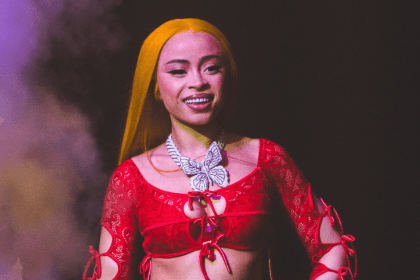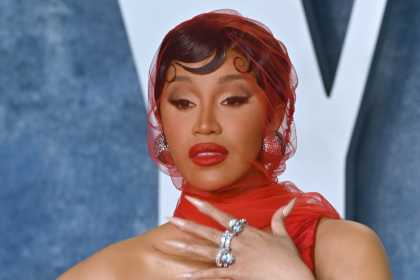
Early in this “American Idol” season, show judge Jennifer Lopez unveiled her video for her new song, “On The Floor.” So, when J. Lo was sitting at the judge’s table during Thursday night’s results show and Ryan Seacrest introduced her song again, I was a bit confused.
The video began to play, just like it did several weeks ago, and I thought, “Why are they showing the video again? Am I having a deja vu?” when out comes 30-year-old Armando Christian Pérez, also known as Miami rapper Pitbull, in stellar form.
Dancers hipped and hopped all over the “AI” stage as the shade-clad Pitbull did what he does, giving the audience and many of the show’s viewers a dose of what they usually don’t get at home or in their cars.
Moments later, J. Lo bursts onto the stage in glimmering gold and lion’s mane extensions, looking like she is not the mother of 3-year-old twins. She danced like she was revisiting “In Living Color” as a Fly Girl and, along with her dancers, literally got on the floor, twisting and turning and rolling around, as the cameras gave aerial views. It was a sight to see.
What a shrewd business move to become an “American Idol” judge the same year that her new music — and for judge Steven Tyler, a new book — drops, for maximum exposure. Not only are they receiving massive salaries, but they’re milking the show for self-promotion as well. Both “AI” and “Dancing With the Stars” have changed their formats immensely over the years. They have become entertainment variety shows, showcasing already-professional talent.
At the end of the show, African American Compton crooner, Jacob Lusk, became the latest casualty, failing to gain enough of the 16 million votes cast the night before. He told the audience that he was anxious to begin his singing career. –arnell pharr
















